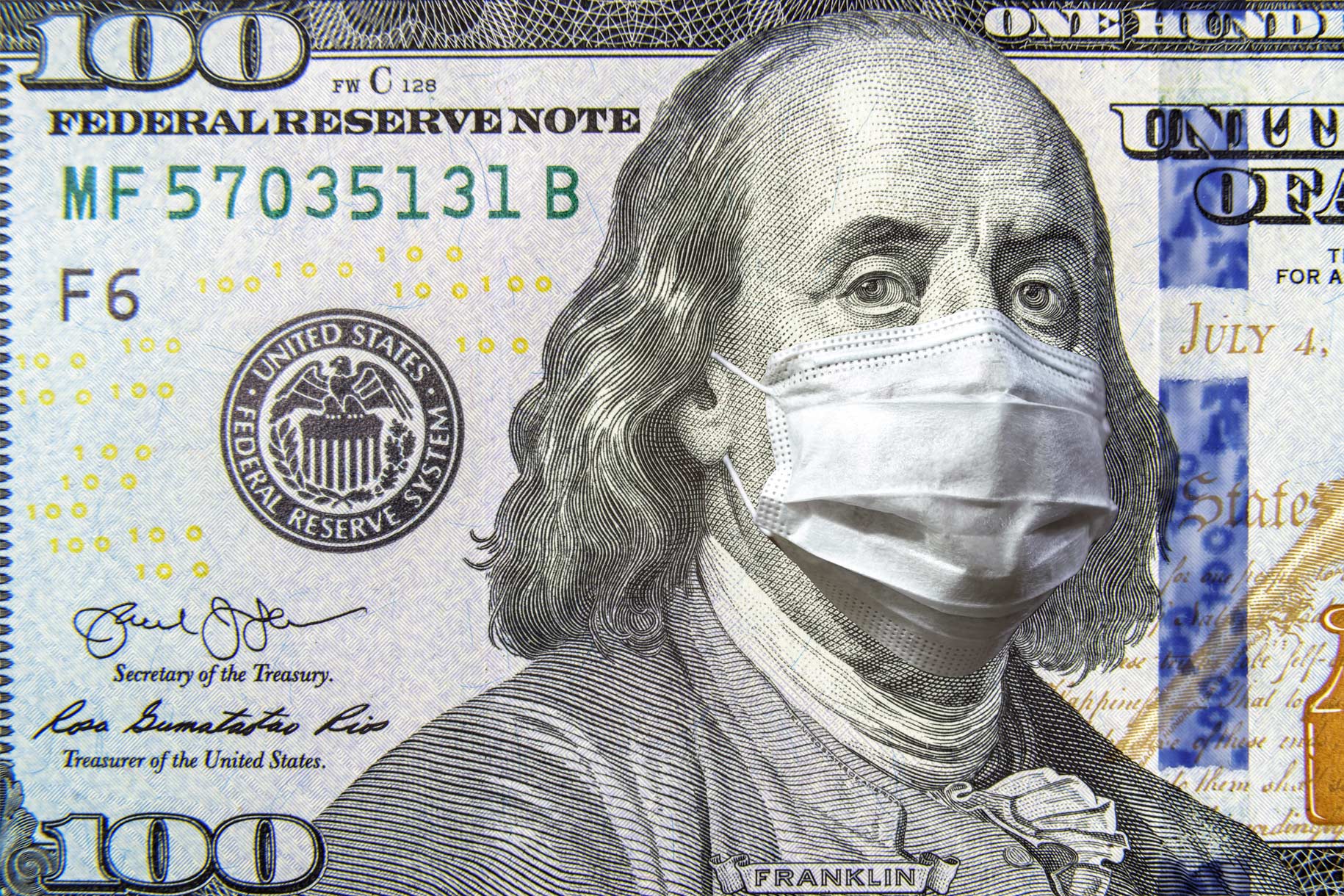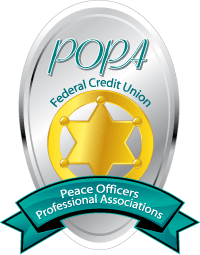Scammers and fraudsters are taking advantage of people’s fears by trying to capitalize off the Coronavirus (aka COVID-19) outbreak through various channels. Below are some of the latest scams to watch out for and avoid. Remember, POPA Federal Credit Union will never ask for any sensitive personal information over text or text or email. When in doubt, call your financial institution directly. For more tips on avoiding Coronavirus scams, visit http://ftc.gov/coronavirus.
Caution: Seniors are especially vulnerable to these schemes and are often specifically targeted by criminals. Be sure to speak with your parents and elderly family members about these scams and how to avoid them.
- Facebook Posts. One particular scam targets seniors through a Facebook post informing them that they can get a special grant to help pay medical bills. The link within the post takes them to a fake website claiming to be a government agency called the “U.S. Emergency Grants Federation” where they are asked to provide their Social Security Number under the guise of needing to verify their identity. In other versions, fraudsters claim individuals can get additional money, but the victims have to pay a “processing fee” first to receive the grant.
What to Do: Don’t click on any links and/or input any sensitive personal information. If it sounds too good to be true, it usually is a scam so don’t fall for it.
- Robocalls. Scammers will try to get your bank account number or other sensitive personal information using the current pandemic to test your vulnerabilities. Some will claim they are calling from the Social Security Administration, Medicare testing facility, etc.
What to Do: Just hang up. Don’t press any buttons, don’t give any information, don’t even speak.
- Fake Cures and Treatments. The FTC (The Federal Trade Commission) and FDA (U.S. Food and Drug Administration) are warning the public to be on alert for any company claiming to have a cure or treatment for Coronavirus.
What to Do: Don’t fall for it. Don’t buy or promote anything with claims to treat or prevent Coronavirus. According to the FDA, there are no approved vaccines, drugs, or investigational products currently available to treat or prevent the virus.
- Fake Emails, Texts, and Phishing. Scammers have always used fake emails or texts to get you to share valuable personal information (e.g. account numbers, SSN, login IDs and/or passwords) in order to steal your identity, money, or both.
What to Do: Don’t click on any links sent to you by a person or company that you don’t know. If you click on one of these links, they can install viruses onto your computer or device.
- Fake Charities. During times of need, like natural disasters or pandemic, many fake charities will try to profit off the public’s generosity by creating sophisticated websites, emails, phone calls, etc. that often use names that sound similar to real charities.
What to Do: Do some research when it comes to donations. There are sites where you can verify the charity, such as: Charity Navigator and Charity Watch. Real charities won’t rush you into donating. If any “charity” wants donations in cash, by gift card, or by wiring money, don’t do it. Real charities will take credit cards or checks – both which are safer ways to pay.




